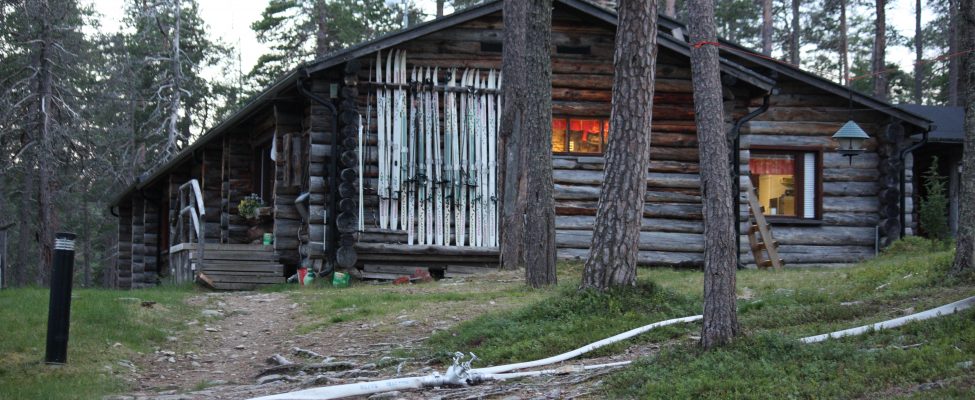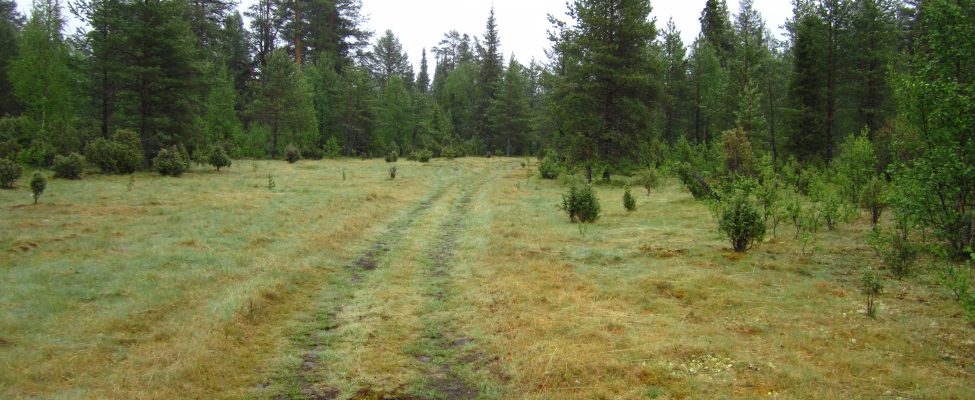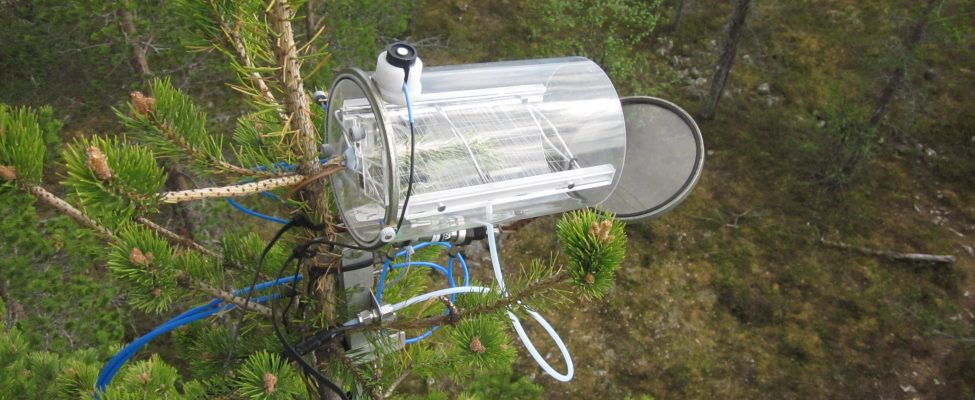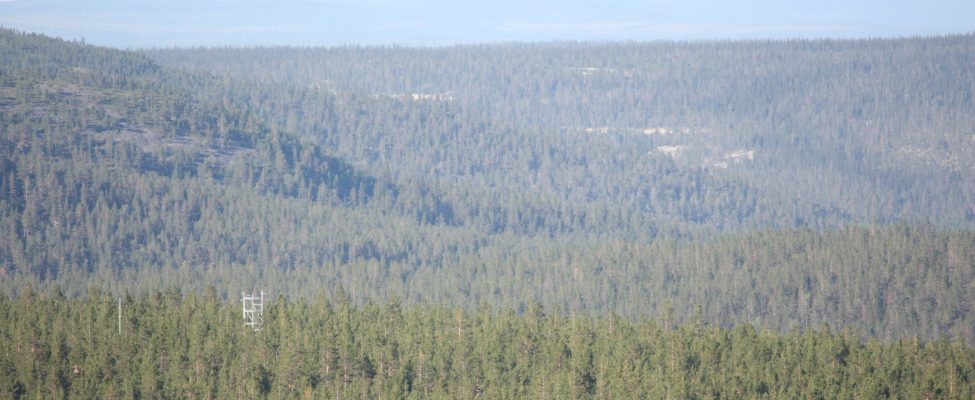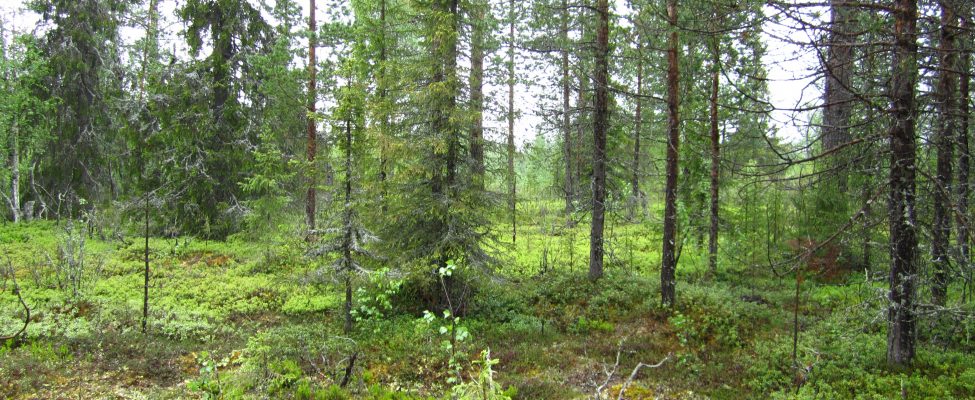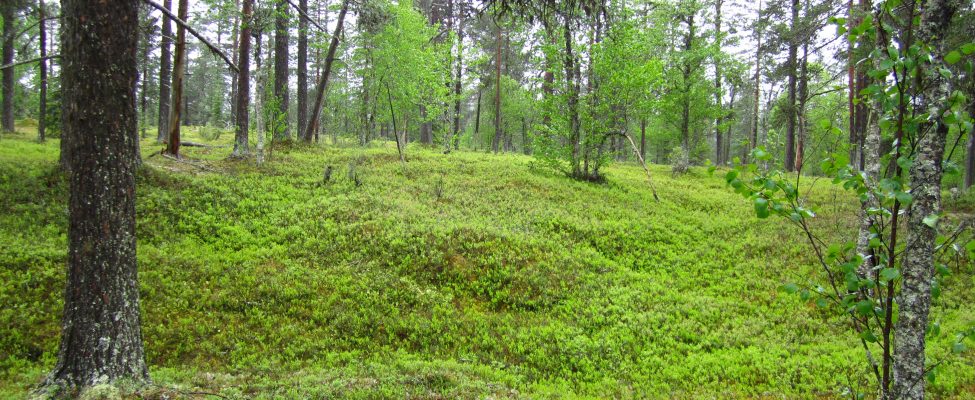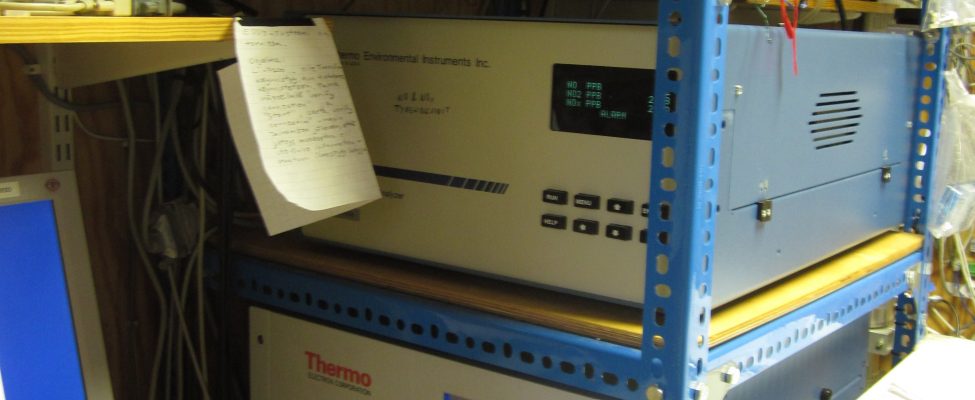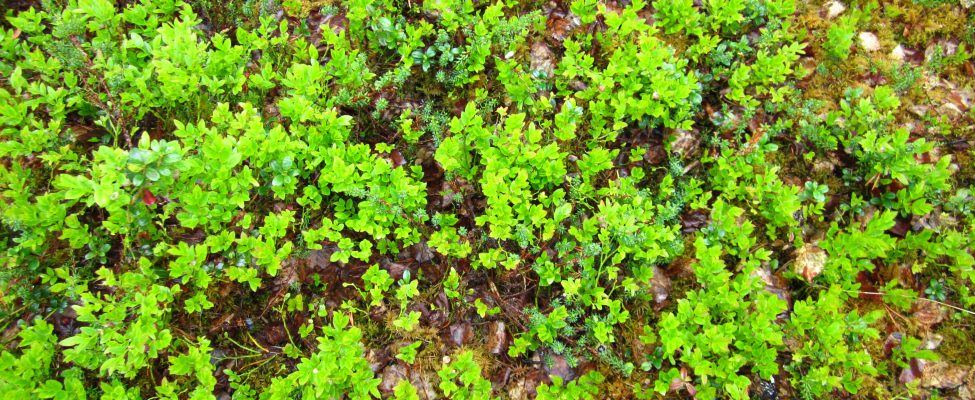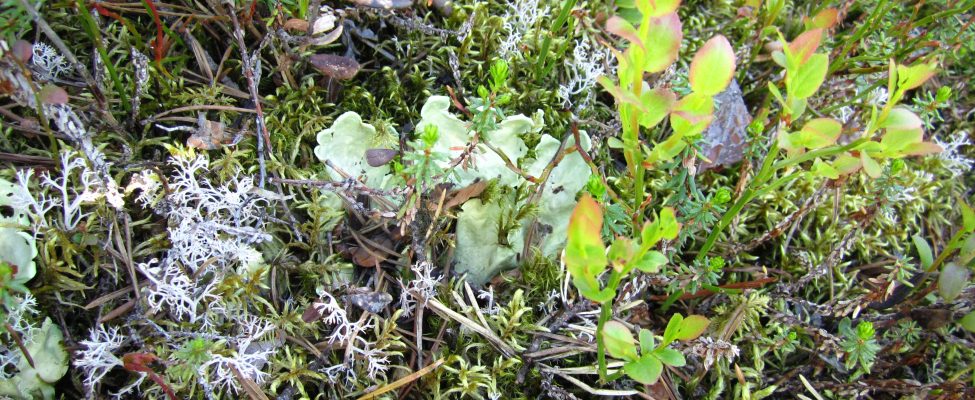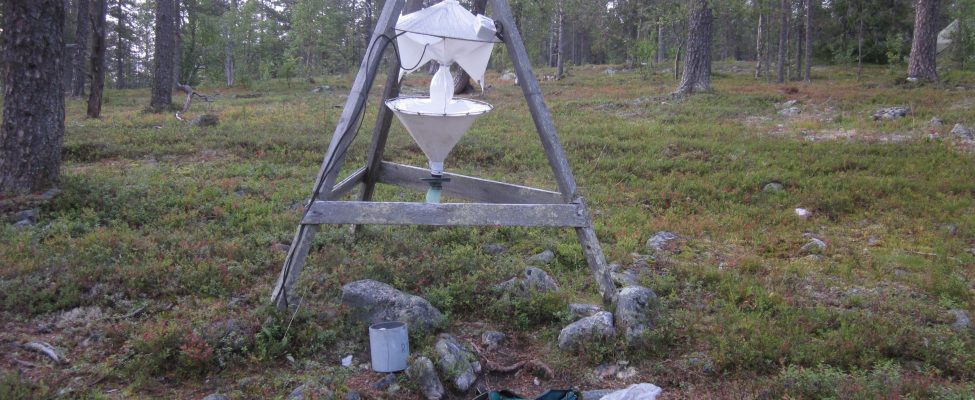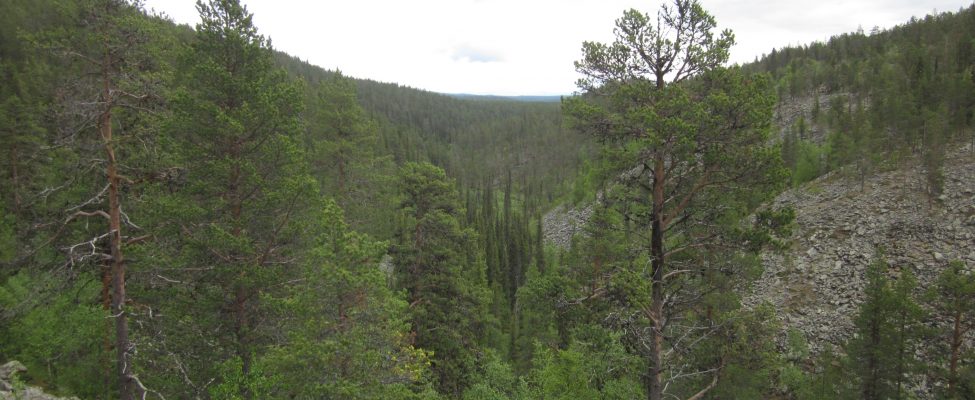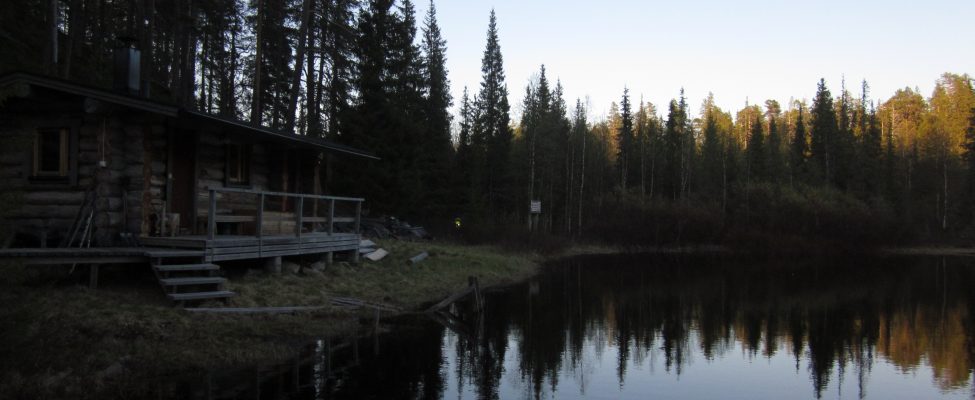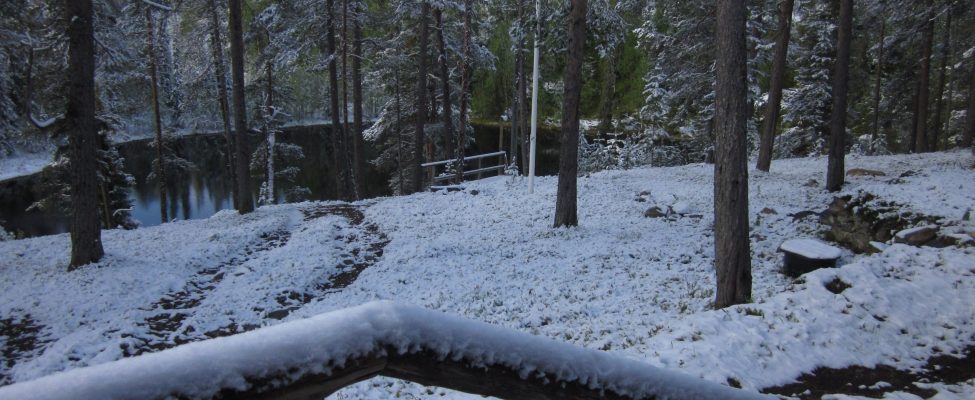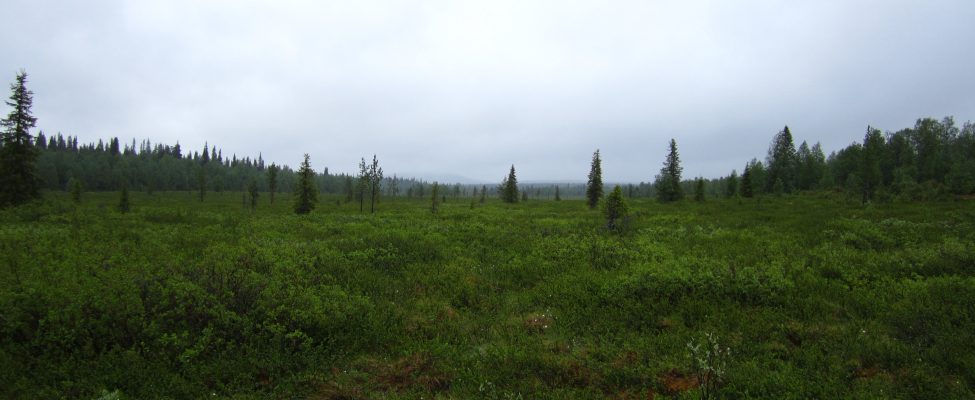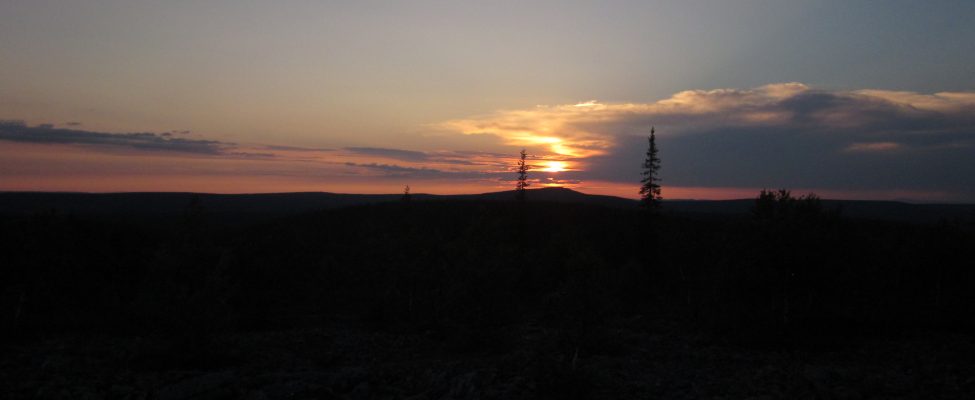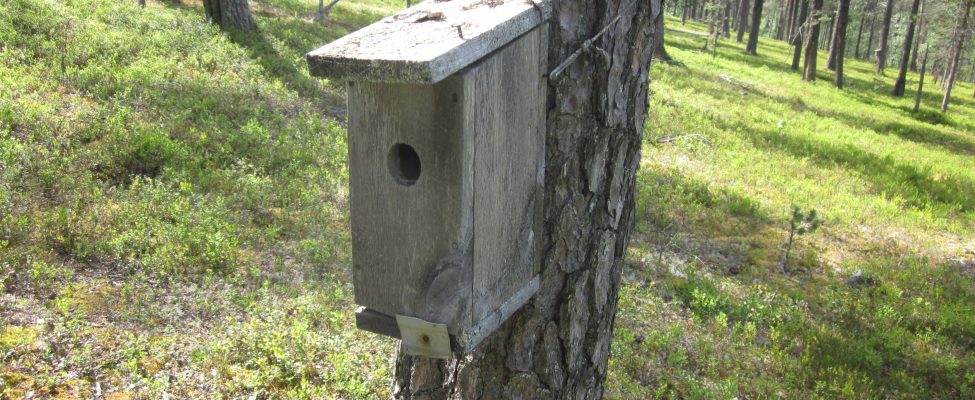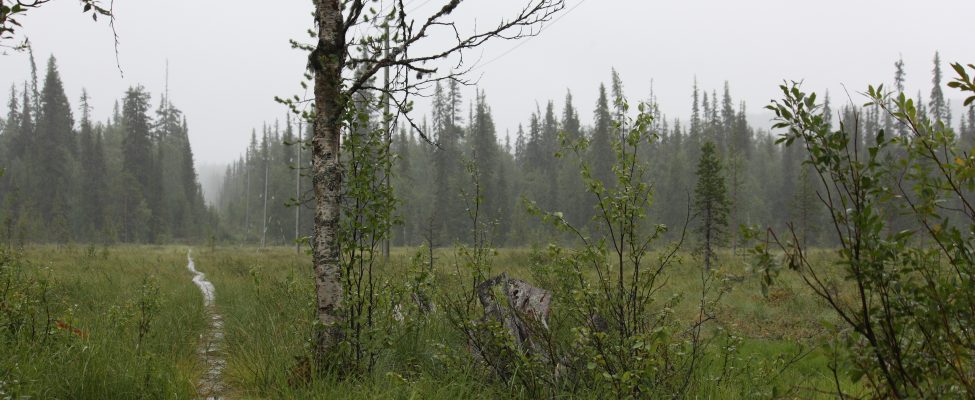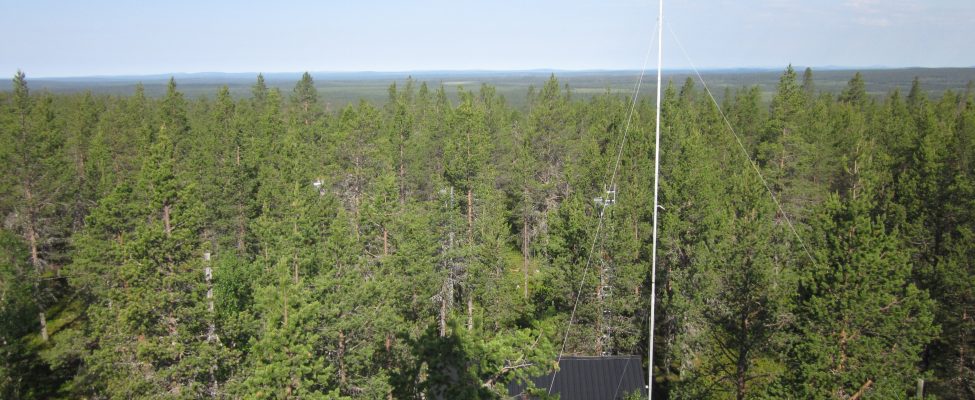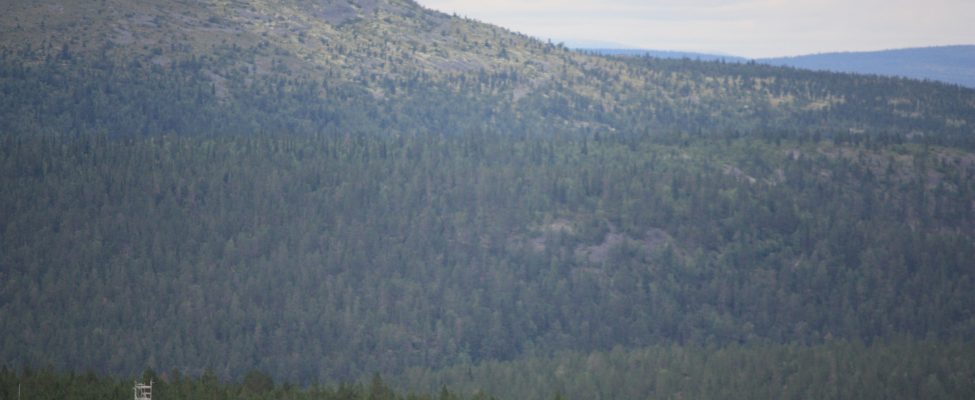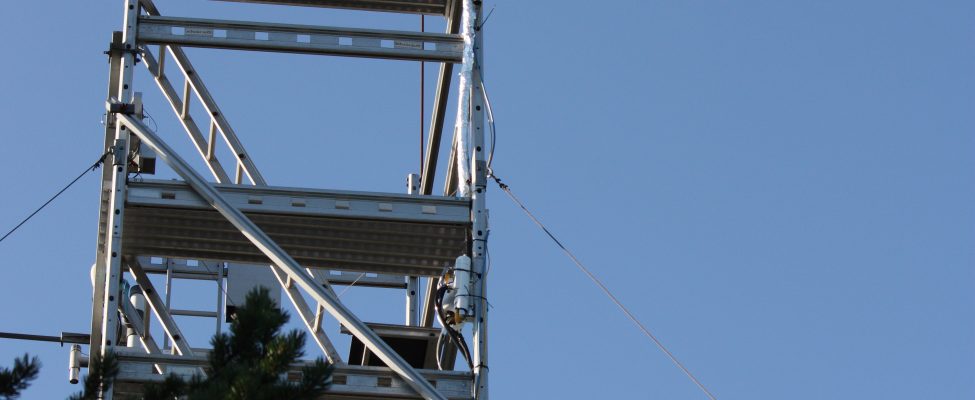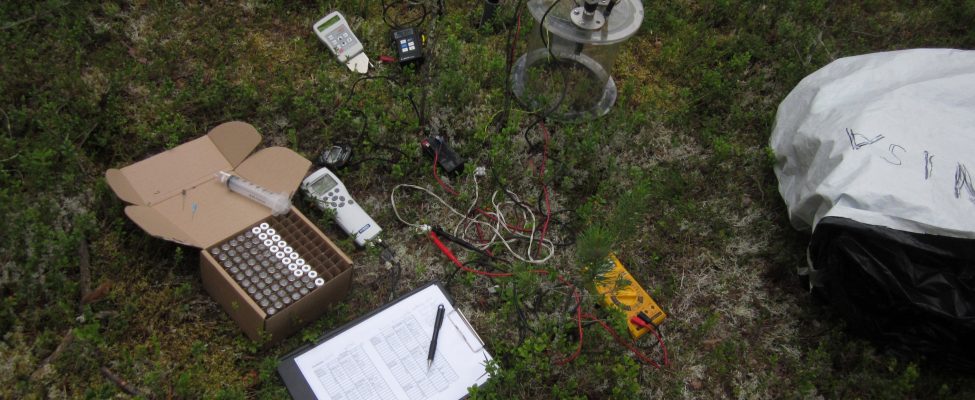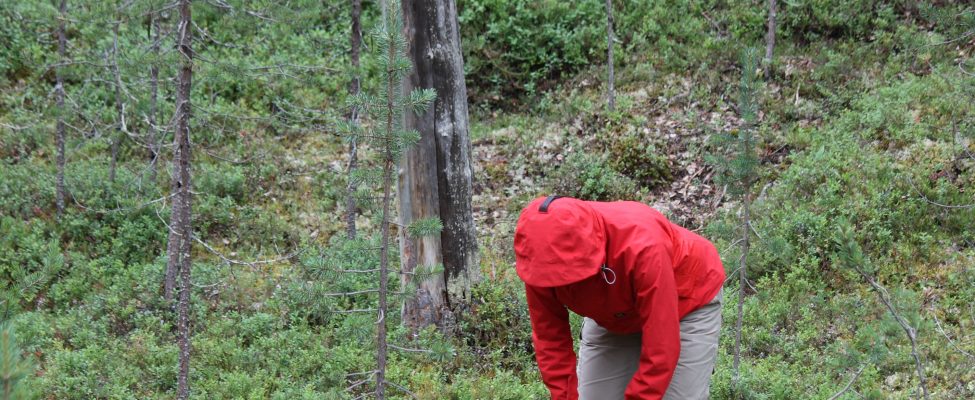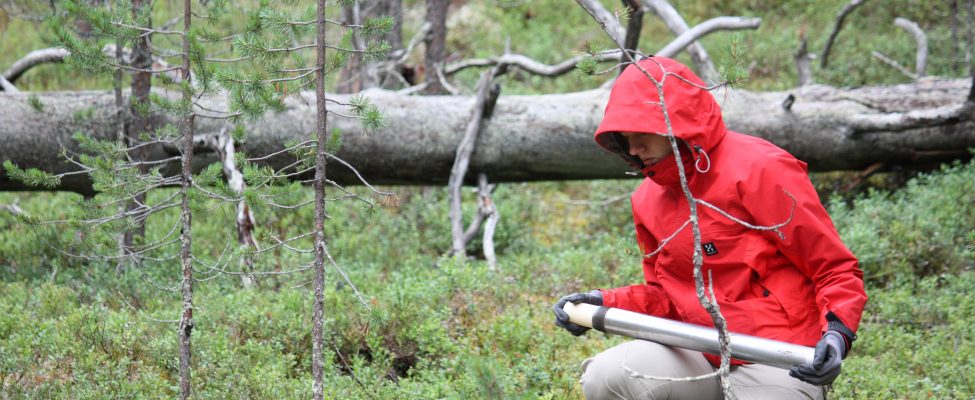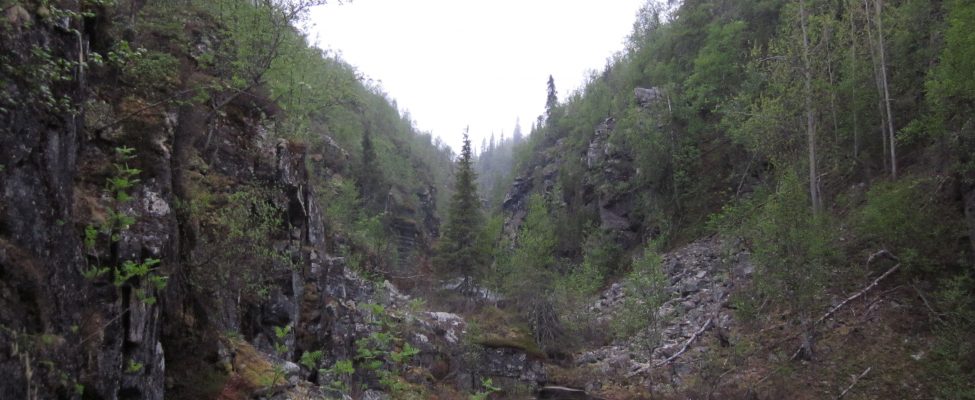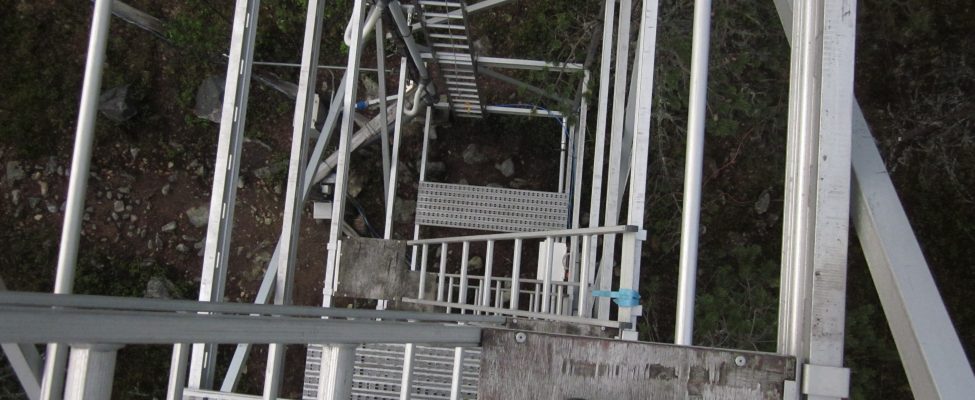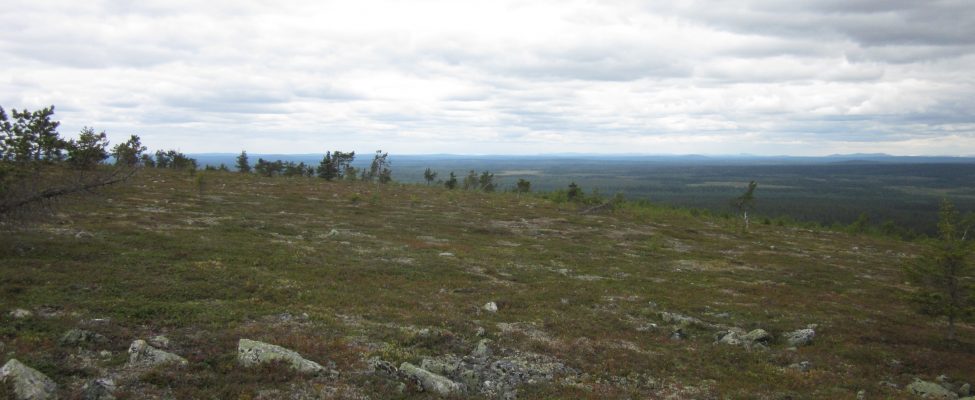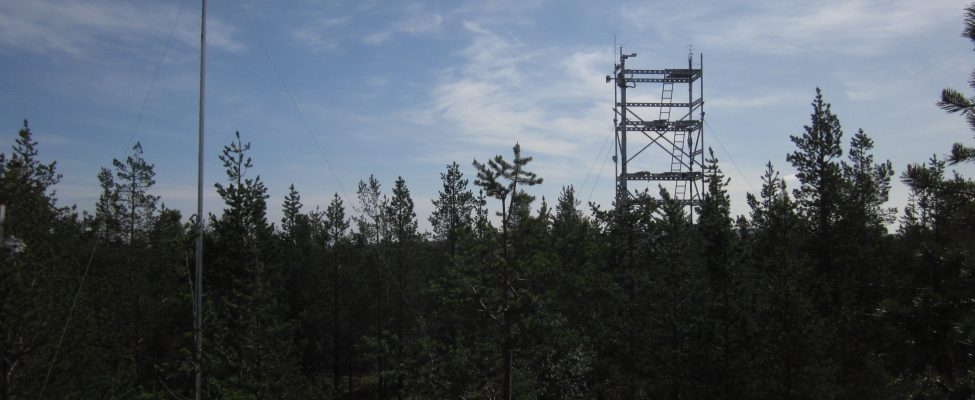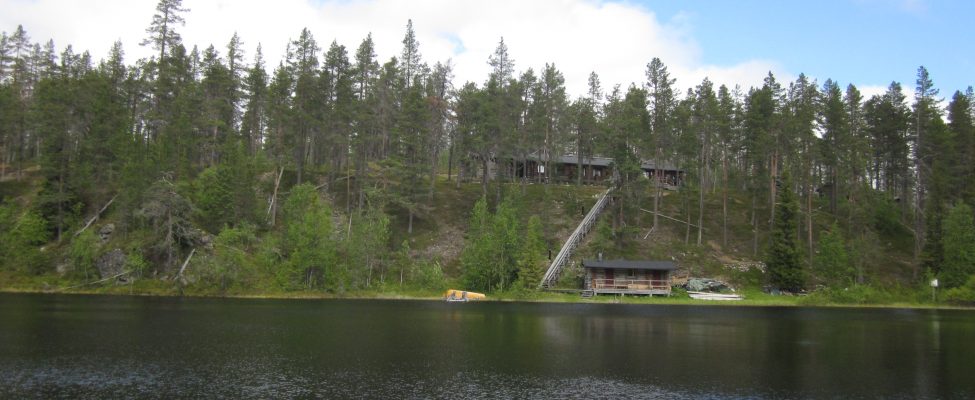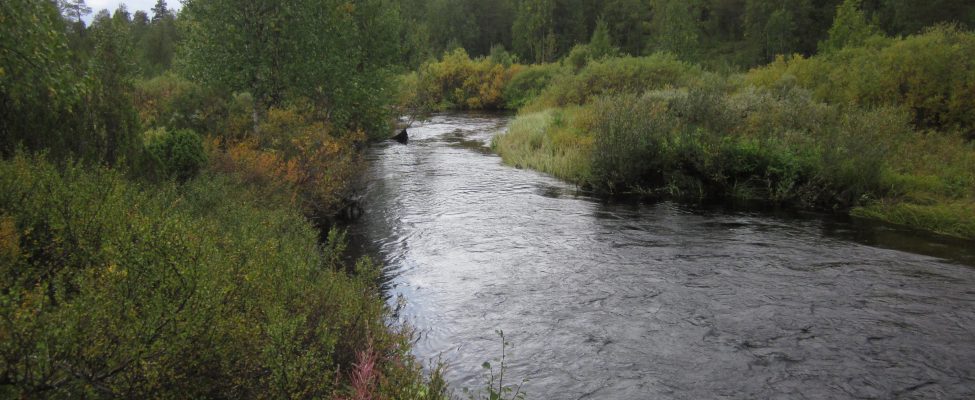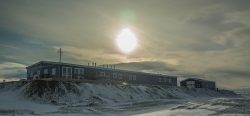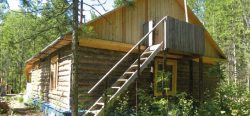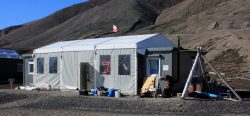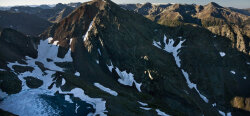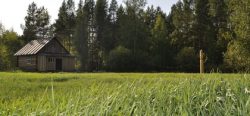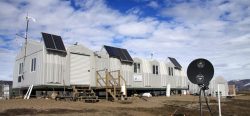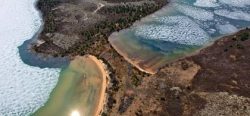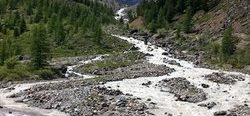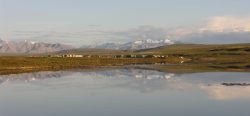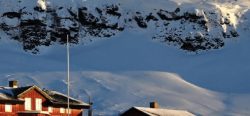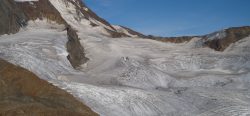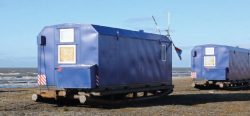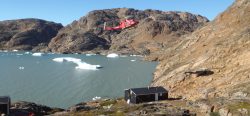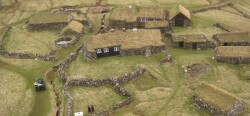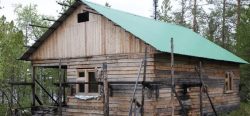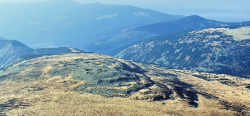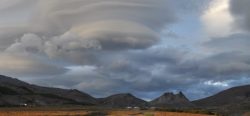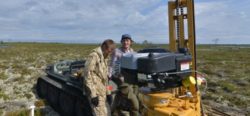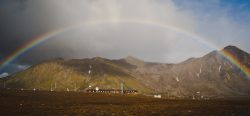Contact Details
STATION NAME AND OWNER
Värriö Research Station is managed by University of Helsinki, Department of Physics.
LOCATION
The area is a subarcticThe area immediately south of the Arctic circle. Generally, subarctic regions fall between 50°N and 70°N latitude, depending on local climate. In other words, the subarctic is the region between the... More pine forest with several mountains and ridges reaching 500–600 m.a.s.l. The station is located in the Värriö Strict Nature Reserve, and thus access without permission is forbidden. Small lakes, wetlands and rivers are located in the surroundings of the station, which lies in the S slope of a small hill. Nearest population centres and industry, yet in small-scale, are 100 km on the Finnish side of the border. Russian mining town Kovdror is located 40km southeast and Monchegorsk area with heavily polluting smelters ca 150 km east of the station.
BIODIVERSITY AND NATURAL ENVIRONMENT
The station is located in a strict Nature reserve, and thus the natural state of the environment in the region is protected. The Alpine tree line (Pinus sylvestris, Betula pubescens subsp. czerepanovii, Betula nana) lies at about 470 m.a.s.l. Below it, old-growth pine forests with some open mires and spruce swamps are the main vegetation types. Open dry tundraA type of ecosystem in which tree growth is limited by low temperatures. The origin of the word is from from the Kildin Sami word t?ndâr, meaning "uplands" or "treeless mountain tract". In the northern... More heathA type of shrubland habitat mainly consisting of low growing, woody plants (shrubs). Heaths occur on acidic soils and in dry conditions and are common in the Arctic and sub-arctic.... More lies above the tree line. The climateThe average weather we would expect over a long period of time (seasons, years, decades). Climate varies from place-to-place across the Earth. Climate is determined by long-term (over at least... More is subcontinental: annual mean temperature is –0,5°C and annual precipitation 600 mm. Several rare northern and eastern species nest in the Nature Reserve, e.g. dotterel (Charadrius morinellus).and red-flanked bluetail (Tarsiger cyanurus).
HISTORY AND FACILITIES
The station was established in 1967 when the first log cabin of 50 m2 was built in the middle of wilderness. Later on, the station has been extended and currently it can accommodate ca 20 researchers indoors and more outdoors in tents. There are small but efficient working facilities for indoor research work including e.g. wireless network, workstations and reference library. The station is connected to the main electricity network but has also a generator for exceptional cases. The station has staff on duty every day year around. The nearest commercial facilities such as grocery store and health centre are located 100 km away in Savukoski village.
GENERAL RESEARCH AND DATABASES
The research focuses on interactions between the subarcticThe area immediately south of the Arctic circle. Generally, subarctic regions fall between 50°N and 70°N latitude, depending on local climate. In other words, the subarctic is the region between the... More ecosystems and atmosphere. The core is at the SMEAR I (Station for Measuring EcosystemAll the living organisms (including people) in an area as well as its physical environment, functioning together as a unit. An ecosystem is made up of plants, animals, microorganisms, soil,... More Atmosphere Relations) station at the Kotovaara hill (800 m from the station). Since early 1990’s, continuous measurements on tree gas exchange (photosynthesisA chemical process that takes place in living cells, by which some living organisms (such as green plants and algae) convert energy in sunlight into chemical energy. The compounds produced... More, transpiration), soil respirationA chemical process that takes place in living cells, by which living organisms use organic compounds to create energy. One of the bi-products of respiration is the gas carbon dioxide, which... More, tree growth, weather, gas and aerosol concentrations and fluxes, and pollutant transport have been performed. The measurements are online and maintained year around, and represent a remote and most times very clean subarcticThe area immediately south of the Arctic circle. Generally, subarctic regions fall between 50°N and 70°N latitude, depending on local climate. In other words, the subarctic is the region between the... More area. The data is stored in an open database. In addition, several long (over 40 years) observation series on e.g. snow conditions, nesting birds and phenologyThe study of the timing of recurring natural events such as bud opening, egg laying or the arrival of a migratory animal. Many living organisms have defined life cycle events... More, as well as shorter term campaigns (e.g. forest fire regimes and tree regeneration) exist in station data storages.
HUMAN DIMENSION
The nearest local village is Savukoski, about 100 km SW. The forests in the close-by region are in intensive use of forestry and reindeer husbandry. The nearby Urho Kekkonen National Park and other protected areas as well as fish-rich rivers fascinate large numbers of tourists annually. Recently, there have been plans for opening a large open pit phosphorus mine and a concentration plant in the close vicinity of Värriö Strict Nature Reserve. Occasional air pollution plumes from mining industry and smelters in Monchegorsk and Kandalaksha area, Russia, provide opportunities for investigations of anthropogenicCaused by, or due to, human activities. For example, anthropogenic climate change.Caused by, or due to, human activities. For example, anthropogenic climate change.... More influence on atmospheric composition and chemical and physical processes
ACCESS
The station is accessed by foot (summers) or by skis (wintertime). Assistance with snowmobile or ATV can be provided and is available also for instruments and larger luggage. The walking distance from the nearest (unpaved) road to the station is about 7 km. The distance to closest airport (Rovaniemi) is about 300 km and to the nearest railway station (Kemijärvi) about 190 km.
